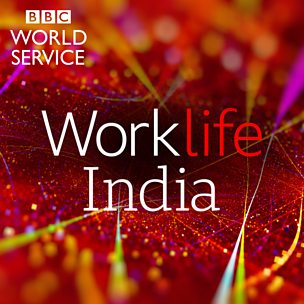WorklifeIndia - Would a vape ban work?
Download Would a vape ban work?
Globally, over 40 million people use vapes or e-cigarettes: battery-powered smoking devices filled with a liquid that contains nicotine, which is then heated into vapours that users inhale.
Vapes are often available in attractive flavours and designs, making them popular with young people, and because they don’t contain tobacco, they are perceived by some as a healthier alternative to smoking.
But many health experts feel they are dangerous, and could also be a gateway to smoking for others. That’s one of the reasons why India, the country with the world’s second-largest number of smokers, has banned vapes, joining many other countries around the world.
Despite this, traditional tobacco products such as cigarettes and chewing tobacco are still legal here. There is also scepticism about the implementation of the ban, and questions on why the government did not decide to regulate the industry instead.
So is banning vapes the solution, and who are the winners and losers from this decision in India?
Presenter: Devina Gupta
Contributors: Dr Ritu Malani, respiratory disease and allergy specialist; Aalok Avasthi, vape supplier and store owner; Kanav Kumar, vaper and former smoker
Image: Finance Minister Nirmala Sitharaman addresses a press conference to announce the cabinet decision to ban e-cigarettes on September 18, 2019 in New Delhi, India (Credit: Mohd Zakir/Hindustan Times via Getty Images)
Published on Friday, 20th September 2019.
Available Podcasts from WorklifeIndia
We are not the BBC, we only list available podcasts. To find out more about the programme including episodes available on BBC iPlayer, go to the WorklifeIndia webpage.
